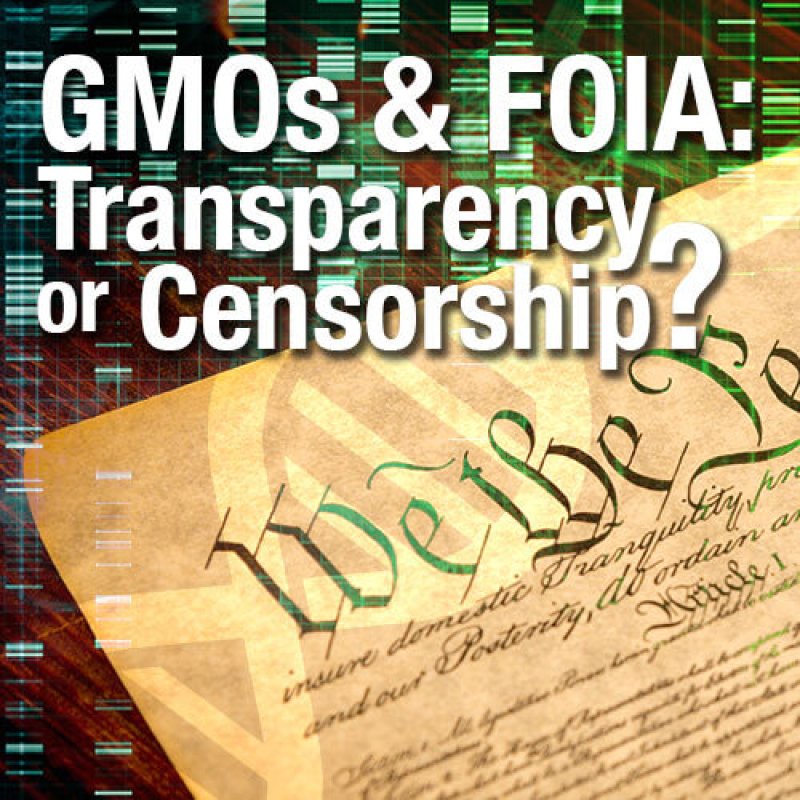The GLP aggregated and excerpted this blog/article to reflect the diversity of news, opinion and analysis.
Smear campaigns against those speaking out against scaremongering on genetically modified (GM) crops highlight why support for scientists involved in public outreach is so important.
Earlier this year, the activist organization US Right to Know (USRTK), bankrolled largely by a $47,500 donation from the Organic Consumers Association, submitted Freedom of Information requests asking certain US academics for e-mails dating back to 2012—requests that the Union of Concerned Scientists claims are little more than harassment and intimidation, with the intent of disrupting and delaying their work. These scientists have been targeted because they speak inconvenient truths about GM technology.
The views of the public and scientists on GM food are worlds apart: a Pew Research Center report in January 2015 showed that only 37% of the public believe that GM foods are safe (whereas 89% of scientists do). Anti-science activists want to maintain that gap.
Headlines focused on Kevin Folta, a University of Florida researcher, because USRTK leaked his e-mails to three journalists. Two of them co-posted a PLOS blog (now removed), while the third wrote a front-page New York Times news story highlighting a $25,000 donation from Monsanto to Folta’s institution. In both cases, the reporters cherry-picked sentences from several thousand e-mails, highlighting Folta’s communications with Monsanto, often out of context, to insinuate that he is an industry shill—and thus presumably unfit to talk to the public.
This is how demagogues and anti-science zealots succeed: they extract a high cost for free speech; they coerce the informed into silence.
Read full, original post: Standing up for science































